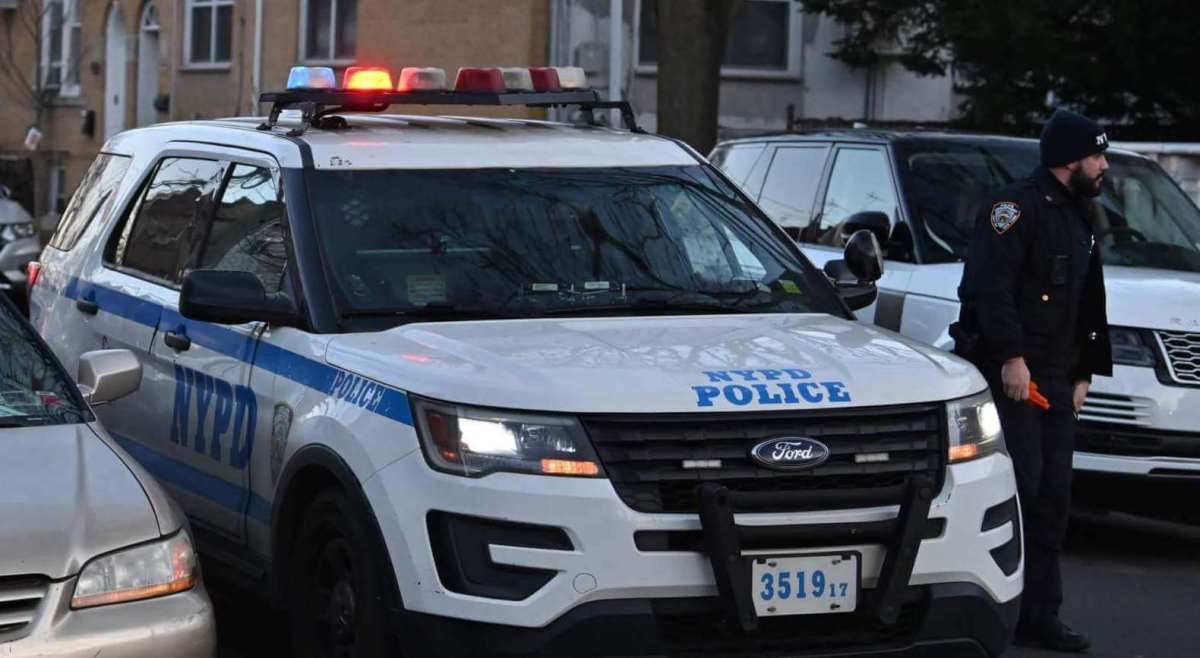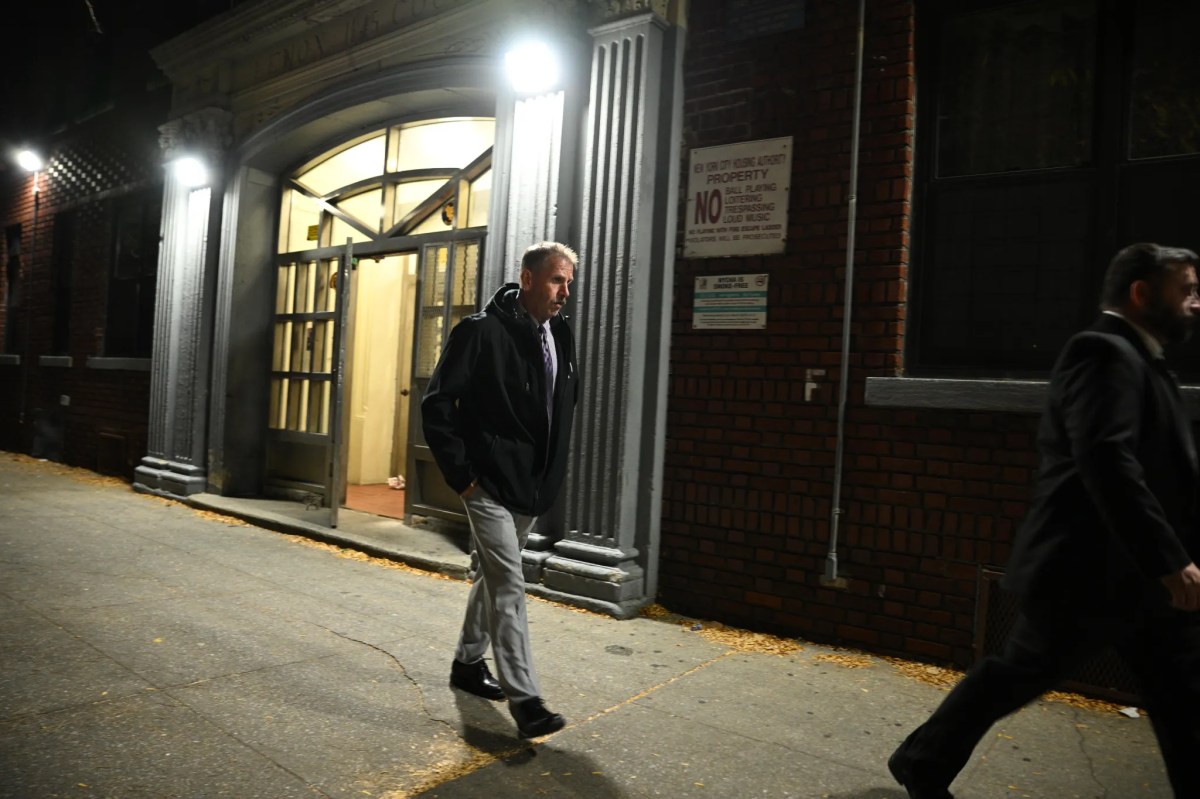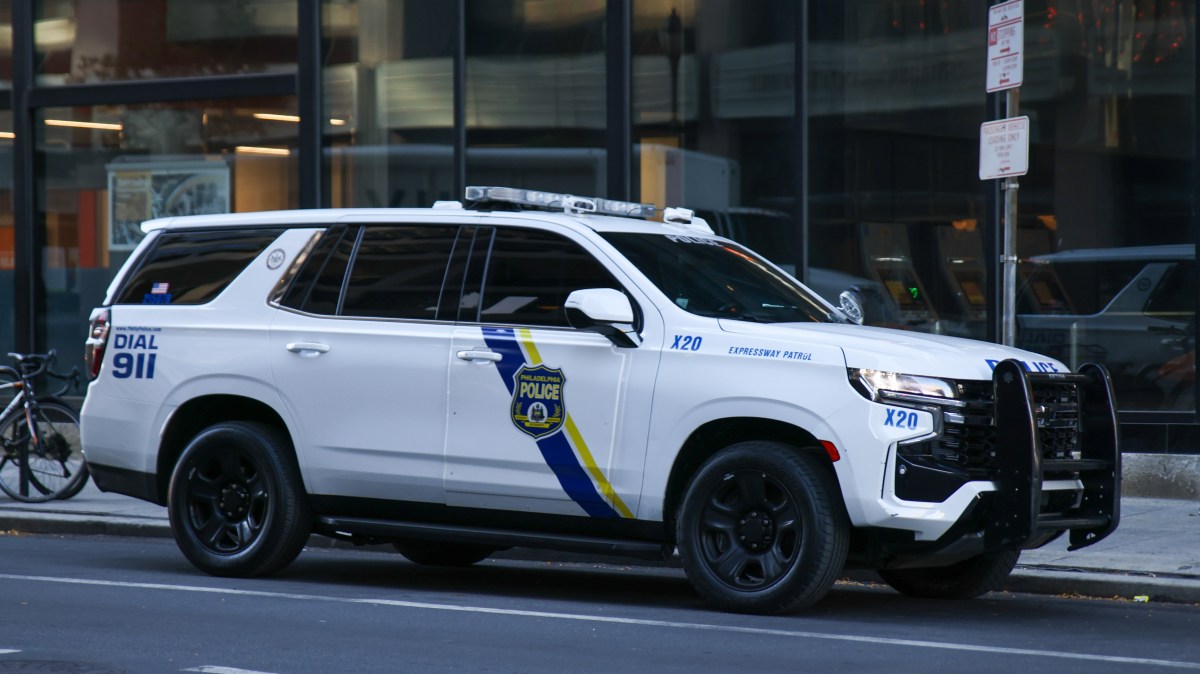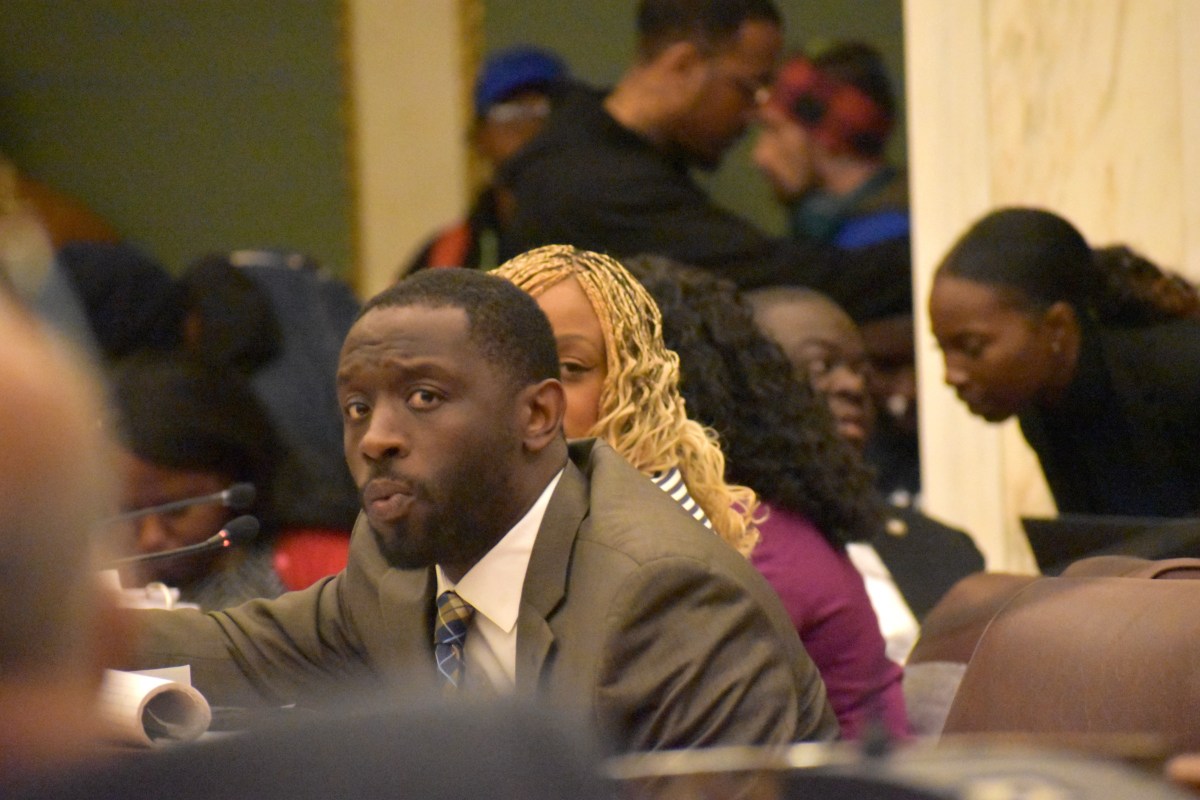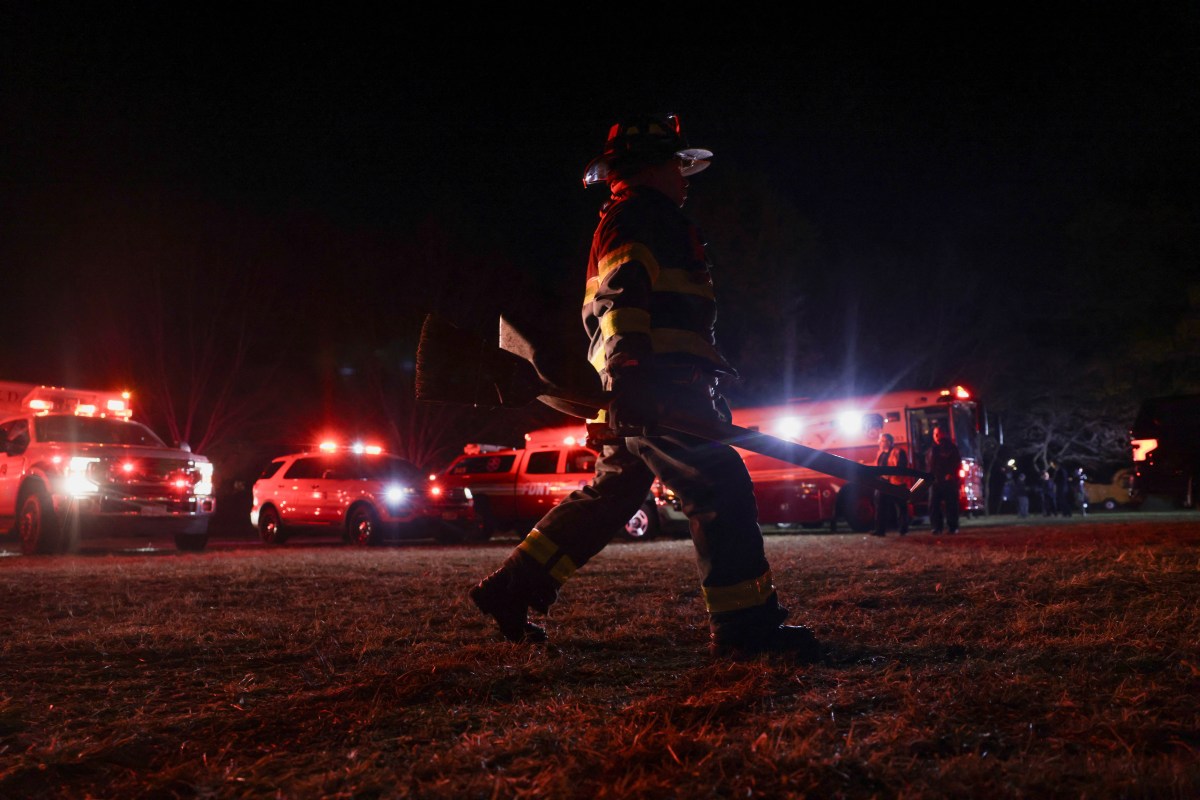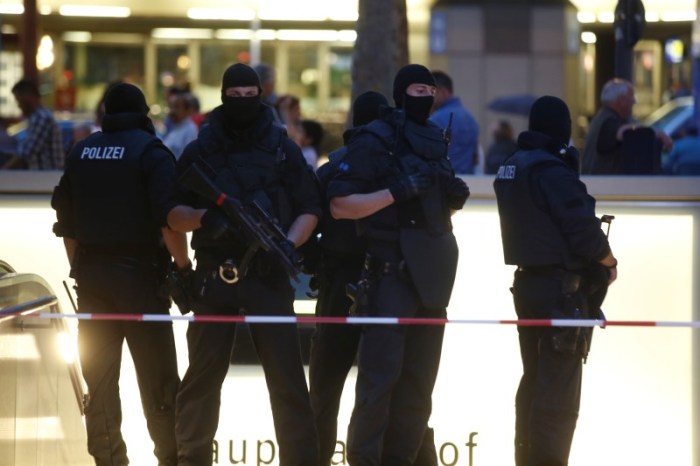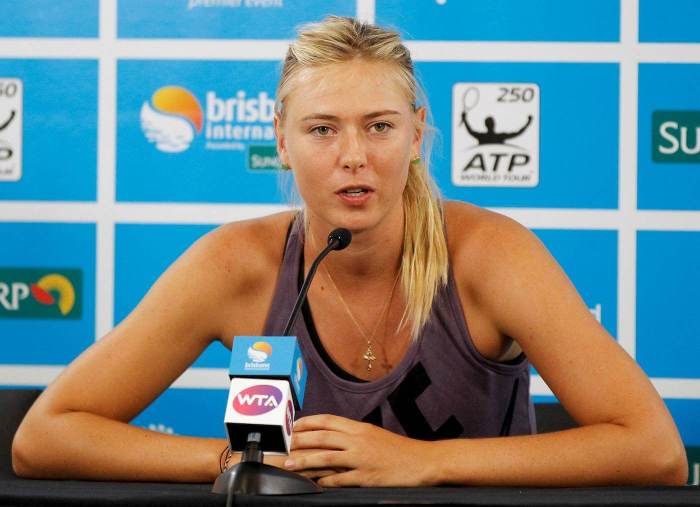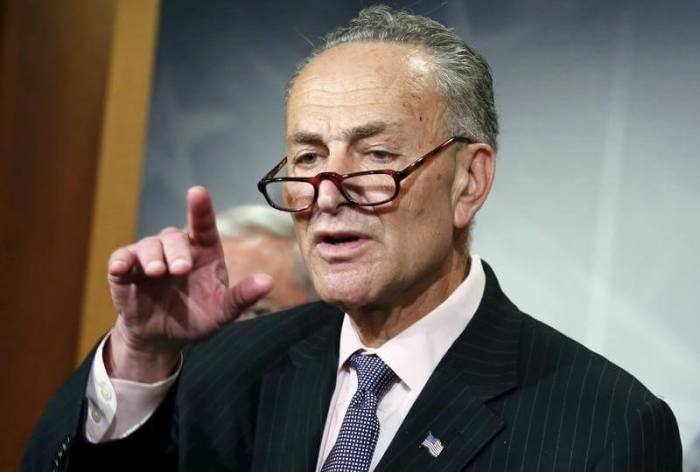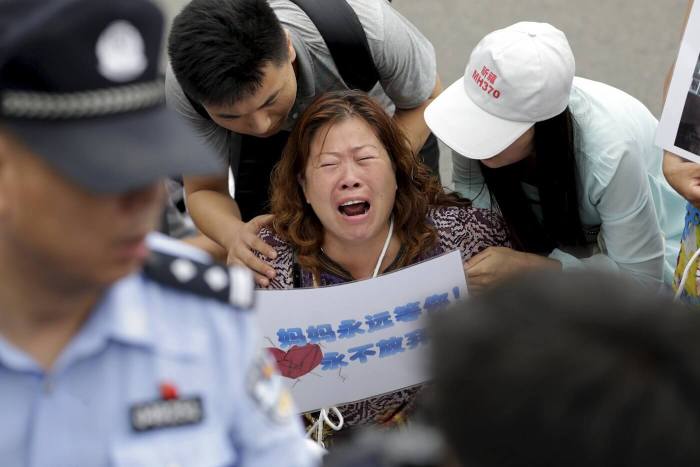tag:reuters.com,2016:binary_LOP000I2Y04TN-BASEIMAGE:960X540 fmt:jpegBaseline
tag:reuters.com,2016:binary_LOP000I2Y04TN-THUMBNAIL:160X90 fmt:jpegBaseline
tag:reuters.com,2016:binary_LOP000I2Y04TN-VIEWIMAGE:512X288 fmt:jpegBaseline
tag:reuters.com,2016:binary_LOV000I2Y04TN-STREAM:2000:16X9:MP4 fmt:H264/mpeg
tag:reuters.com,2016:binary_LOV000I2Y04TN-STREAM:300:16X9:FLV fmt:flashVideo
tag:reuters.com,2016:binary_LOV000I2Y04TN-STREAM:300:16X9:MP4 fmt:H264/mpeg
tag:reuters.com,2016:binary_LOV000I2Y04TN-STREAM:5128:16X9:MP4 fmt:H264/mpeg
tag:reuters.com,2016:binary_LOV000I2Y04TN-STREAM:512:16X9:FLV fmt:flashVideo
tag:reuters.com,2016:binary_LOV000I2Y04TN-STREAM:6756:16X9:MPG fmt:mpeg
tag:reuters.com,2016:binary_LOV000I2Y04TN-STREAM:700:16X9:FLV fmt:flashVideo
tag:reuters.com,2016:binary_LOV000I2Y04TN-STREAM:700:16X9:MP4 fmt:H264/mpeg
tag:reuters.com,2016:binary_LOV000I2Y04TN-STREAM:80:11X9:3G2 fmt:3gpp2MultimediaFile
tag:reuters.com,2016:binary_LOV000I2Y04TN-STREAM:80:11X9:3GP fmt:3gppMultimediaFile
tag:reuters.com,2016:binary_LOV000I2Y04TN-STREAM:8256:16X9:MP4 fmt:H264/mpeg
By Tulay Karadeniz and Seyhmus Cakan
ANKARA/MIDYAT, Turkey (Reuters) – Turkish President Tayyip Erdogan’s office blamed Kurdish militants for a car bombing that killed 11 people in central Istanbul, while a second bomb on Wednesday killed five people in the largely Kurdish southeast.
Prime Minister Binali Yildirim, meanwhile, said that the Kurdistan Workers Party (PKK), blamed for Tuesday’s attack in Istanbul, had recently sought to revive peace talks and offered to lay down their arms.
A ceasefire with the PKK collapsed almost a year ago, setting off the worst violence the country has seen in two decades. Yildirim, in comments broadcast live by TRT television, said Turkey would not negotiate to end the violence.
The car bomb on Tuesday ripped through a police bus during the morning rush hour in Istanbul, killing six police officers and five civilians near the main tourist district, a major university and the mayor’s office.
On Wednesday the bomb targeted a police station in the southeastern town of Midyat, killing three civilians and two police officers and wounding more than 30 others. The province borders Syria in a region where Kurdish militants have waged a three-decade insurgency.
“All indicators and signs regarding the attack in Istanbul yesterday point to the separatist terror organization,” Erdogan’s spokesman Ibrahim Kalin told a news conference, referring to the Kurdistan Workers Party (PKK).
“The Midyat attack is very fresh and we can only make an assessment once we have all the information,” Kalin said.
There has been no claim of responsibility from Kurdish militants. They have carried out similar attacks in Turkey’s major cities in the recent past as violence has spiraled since the ceasefire with the PKK collapsed almost a year ago.
The unrest has been fueled by the war in Syria. Turkey says the PKK – considered a terrorist organization by Ankara, the European Union and the United States – has deep ties to the Syrian Kurdish YPG militia fighting just across the border.
The groups do not deny links. The PKK founded the YPG as a Syrian organization a decade ago and both are inspired by Abdullah Ocalan, who led the PKK from its inception and lived in Syria shortly before his capture in 1999. He remains in jail.
Clashes broke out between security forces and PKK militants in Midyat during the attack when the explosion destroyed the facade of a five-storey block, security sources said.
“Whether they carry out suicide bombings in our cities, whatever methods they use, they can never wear down this nation and can never pull us back from this honorable fight,” Yildirim said after visiting wounded in Istanbul.
Referring to the PKK’s offer to revive peace talks, Yildirim said: “These days, the terrorist organization has conveyed messages, directly and indirectly, saying ‘We can negotiate, we will put down our weapons, let’s talk’ … There is nothing to talk about,” he said.
The collapse last year of peace negotiations with the autonomy-seeking PKK reignited the three-decade war in July 2015. Thousands of militants and hundreds of security forces have died in the mainly Kurdish southeast, the government says.
Opposition parties and rights groups estimate that between 500 and 1,000 civilians have also been killed.
Security concerns have weighed on tourism and investor confidence in Turkey.
The wars in neighboring Syria and Iraq have fostered a home-grown Islamic State network blamed for a series of suicide bombings, while the Kurdish militants have increasingly struck beyond their usual targets in the southeast.
(Additional reporting by Humeyra Pamuk, Daren Butler, Ayla Jean Yackley and Yesim Dikmen in Istanbul; Writing by Nick Tattersall; Editing by Richard Balmforth)












